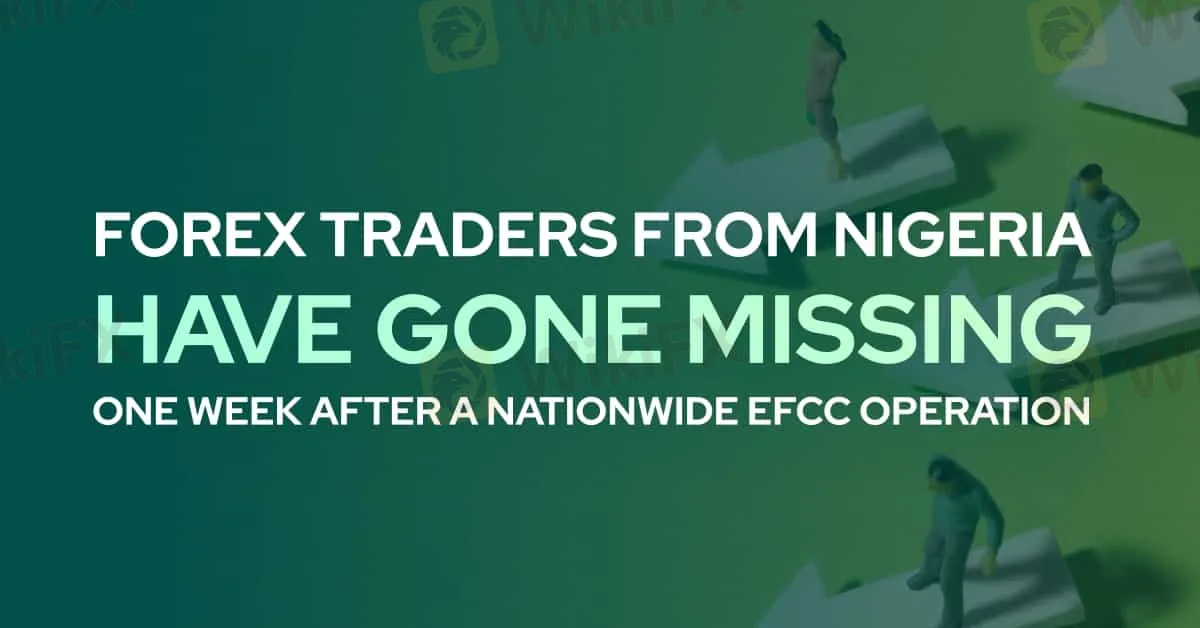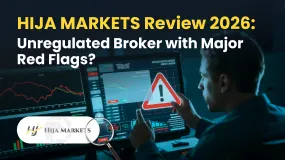Abstract:Three Bureau de Change operators informed on Monday morning that they and currency dealers are avoiding street trading as a result of legislative changes that targeted them last week. At least two operators mentioned their concern about being taken into custody by EFCC (Economic and Financial Crimes Commission) agents.

Three Bureau de Change operators informed on Monday morning that they and currency dealers are avoiding street trading as a result of legislative changes that targeted them last week. At least two operators mentioned their concern about being taken into custody by EFCC (Economic and Financial Crimes Commission) agents.
As FX volatility increased last week, the EFCC reportedly detained over 100 currency traders in Lagos, according to a Nigerian newspaper.
“Many BDC agents have been hiding since last week out of fear of getting arrested,” said a trader at Masha, the location where BDC operators were typically spotted in groups.
Another BDC operator, Abbas, said he now works from his office rather than the open market where he used to meet prospective clients directly. Tejuosho is a shopping center in Lagos that is well-known for currency traders.
In an effort to promote stability and rate parity, the Central Bank of Nigeria loosened its foreign exchange regulations in May 2023. Instead, there was a sharp decline in the Naira's value, which the government is working desperately to reverse. The most recent of several unconventional measures is the arrest of BDC operators.
Over the phone, a source acquainted with the CBN's operations informed said, “[The CBN] believes that they are manipulating the market.”
According to two currency merchants, rates cooled to roughly ₦1500/$1 on Monday morning, down from ₦1800/$1 indicated on Friday. The government and its allies are applauding the short-term stability.
Last week, Nigerian authorities fixed rates on the international cryptocurrency exchange Binance in addition to blocking access to the websites of cryptocurrency companies.
The government's dominant view is that speculators are using the circumstances to artificially inflate prices, but many experts disagree, pointing out that the true source of the issues is a lack of liquidity.
The market's shift, while good, would only last temporarily until the central bank implements systemic adjustments to address the liquidity issue, according to a source close to the CBN.
Regarding some of the strategies the apex bank has put up to address the issue in a sustainable manner, he expressed hope.
Operators of Bureau de Change with current transaction records may receive funding from the CBN. They might also raise interest rates, which would promote foreign investment in the nation and lessen the need for the dollar.
Some short-term stability has resulted from it.
It is admirable that the CBN has taken aggressive steps to stabilize the foreign exchange market and boost economic activity.
However, the actions of local and foreign speculators acting through a variety of channels are undermining the efficacy of these attempts and aggravating the depreciation of the Nigerian Naira, as well as adding to inflation and economic instability.
This comes after rumors that the National Security Adviser and the Central Bank of Nigeria worked together to establish task groups within the police and EFCC to raid and apprehend speculators who they claim are involved in illegal activities that are causing the naira to depreciate.










